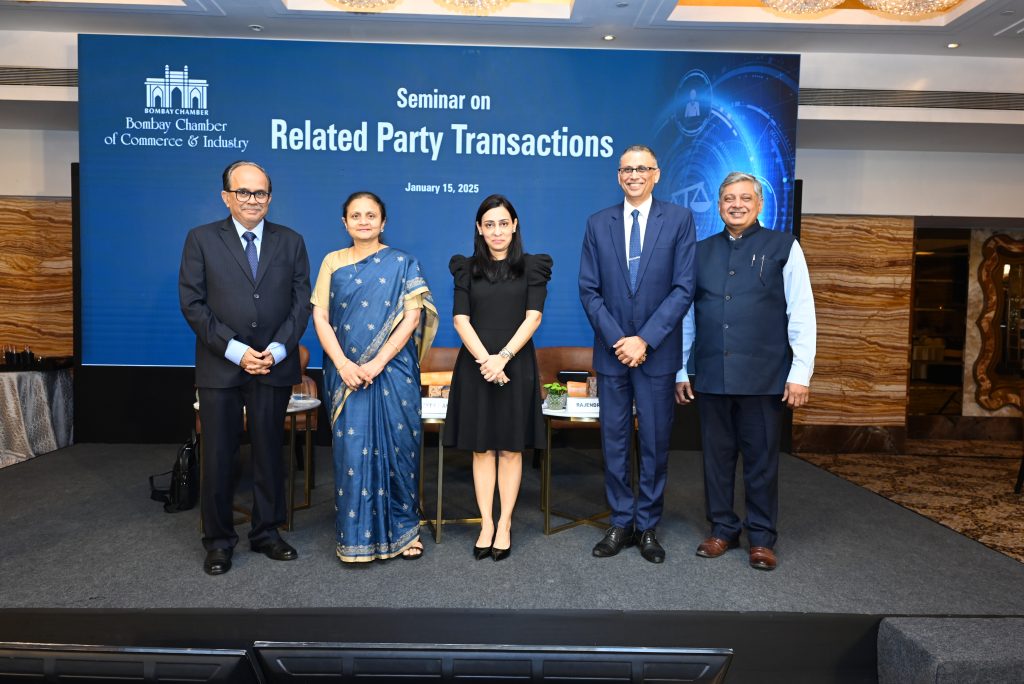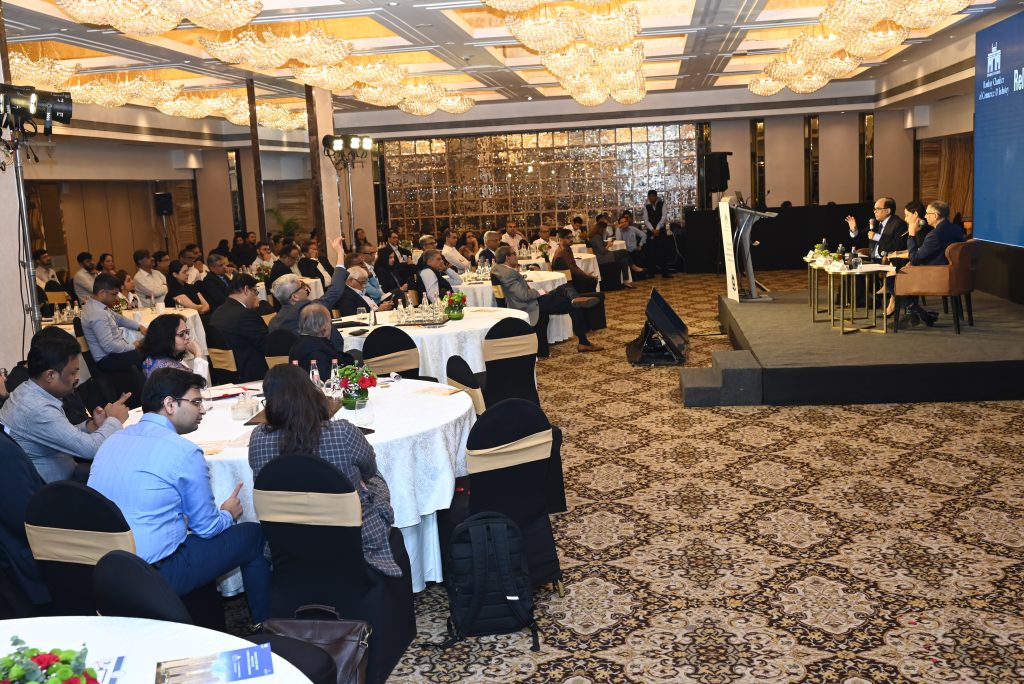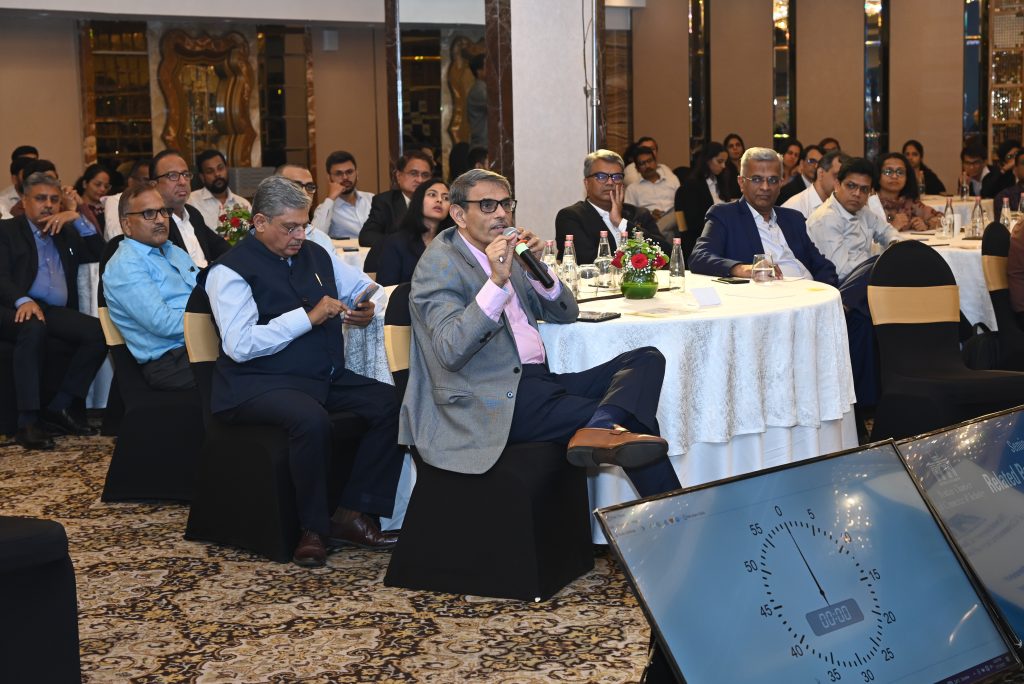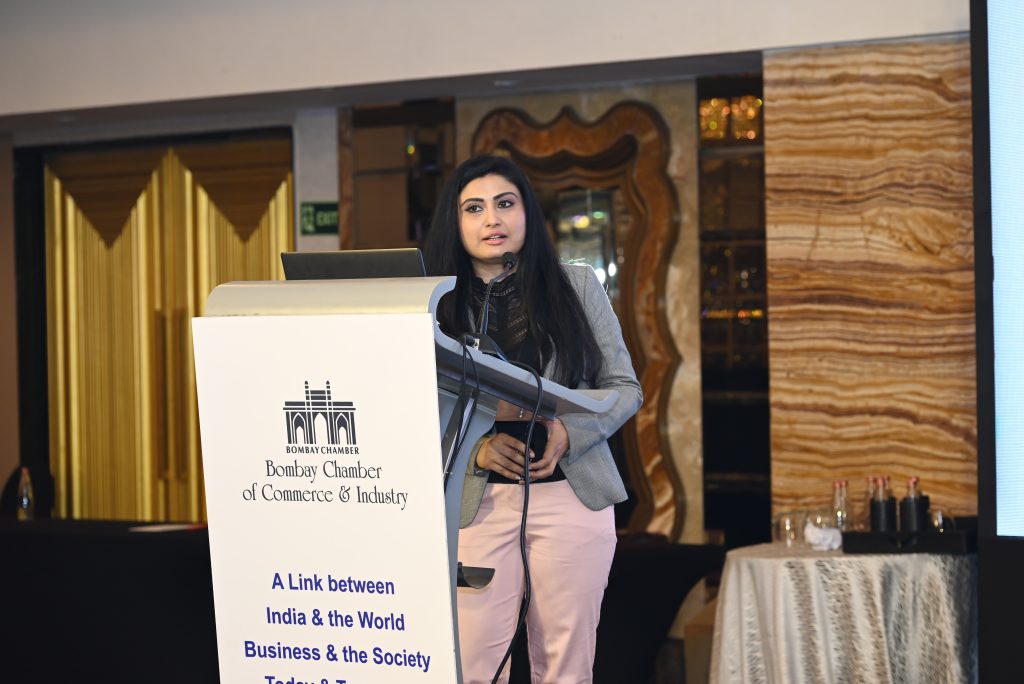Blog
Bombay Chamber seminar discusses recent amendments to LODR and issues

Mumbai
Corporate India has been faltering on Related Party Transaction (RPT) despite numerous amendments to the Listing Obligations and Disclosure Requirements (LODR) by the Securities and Exchange Board of India (SEBI). While the entire architecture of the LODR has been significantly revamped and tightened further over the past decade, amendments are being made continuously with the recent one being announced on December 12, 2024.
To discuss and understand these changes, the Bombay Chamber of Commerce & Industry (BCCI) held a seminar on January 15, 2025, which saw participation from corporate law professionals and legal/compliance officers from across industries.
Addressing the gathering, Bharat Vasani, Chairperson Legal Affairs & IPR Committee, Bombay Chamber of Commerce & Industry and Senior Advisor – Corporate Laws, Cyril Amarchand Mangaldas, said the corporate sector will see further tightening of LODR in 2025. “SEBI is working on this aggressively. Significant changes will be announced very soon and the reasons (for these changes) are not far to seek,” said Vasani.
While there are companies that are legally compliant with the letter of the law and spirit, there are exceptions as well, and SEBI goes by legislating for the exception. “If they (SEBI) find a very abusive RPT, they immediately try to identify the loophole being missed and corrective actions are taken. As a result, the entire regulatory architecture, after comparing it internationally with other jurisdictions, I’d say that our regime is the toughest and most comprehensive in terms of disclosures and approvals,” said Vasani adding that the regime has been tightened from April 2023 leaving no loopholes.
Experts from the legal fraternity are of the view that a significant widening of the definition of Related Party Transactions (RPTs) back in 2022, in a manner far beyond what was in Section 2(76) in the Companies Act, 2013, has at times made it very challenging for legal and compliance officials across listed entities to conduct day-to-day operations in their respective businesses. And SEBI has its reasons to do so because public money is at play and hence the need to be tightly regulated.
Highlighting the key amendments (SEBI notification, effective December 12, 2024) to the provisions concerning RPTs Geetika Anand, Joint President, Company Secretary and Compliance Officer, Hindalco Industries (Aditya Birla Group), said there are five areas primarily that need to be looked at in particular. “Specific exclusions from the definition of RPT, current/saving account approval for RPTs for remuneration and sitting fees, ratification of RPTs, omnibus approval for subsidiary’s RPTs and finally exemption from approval requirements, these are quick five major RPT amendments,” said Anand while also explaining the rationale behind each of the amendments.
This was followed by an engaging discussion between the panel members and legal industry professionals in the audience.

Majority of the queries revolved around 2024 amendments made in December 2024, particularly on the ratification of transactions by the audit committee, concerning missing approvals for transactions above Rs 1 crore and refusal by the audit committee to ratify it. Responding to the queries Rajendra Chopra, Company Secretary/Compliance Officer, Cipla, said, the provision of Section 22F regarding ratification, says that the audit committee may ratify the transaction.

Explaining further, Chopra talked about two scenarios viz. transaction being executed with approval and a second transaction is approved by the audit committee but the amount of transaction was more than what was being approved.
“Can we call both transactions as ratification or just the transaction that wasn’t approved at all, as ratification? In my opinion, as long as the transaction is approved by the audit committee but the amount has incidentally exceeded, I will not qualify that as ratification. However, if the transaction was not approved at all, I will consider that as ratification. That’s my personal view / interpretation of the scenario,” said Chopra.
On possible violations in the aforesaid scenario, Chopra said it’s not a ratification if the audit committee has already approved the transaction and the company executes it despite transaction exceeding the approved amount. “In my opinion, the transaction is already got comprehensive approval from the audit committee and it’s only the amount (just one of the components) that’s changed. So I’ll not categorise it as ratification. Having said that, the audit committee enjoys all inherent power and is free to reject the transaction and levy a penalty as per internal guidelines,” said Chopra.

In her closing remarks, Attreyi Mukherjee, Co-Chair of Legal Affairs and IPR Committee at the Bombay Chamber of Commerce and Industry and General Counsel, Tata Industries Ltd, said it was a very interactive and engaging session. “For the various nuances this subject has, especially given the recent amendments whether it was the topic of ratification or calculation of royalty payments, which I think sparked a very lively debate and deliberation,” said Mukherjee.








